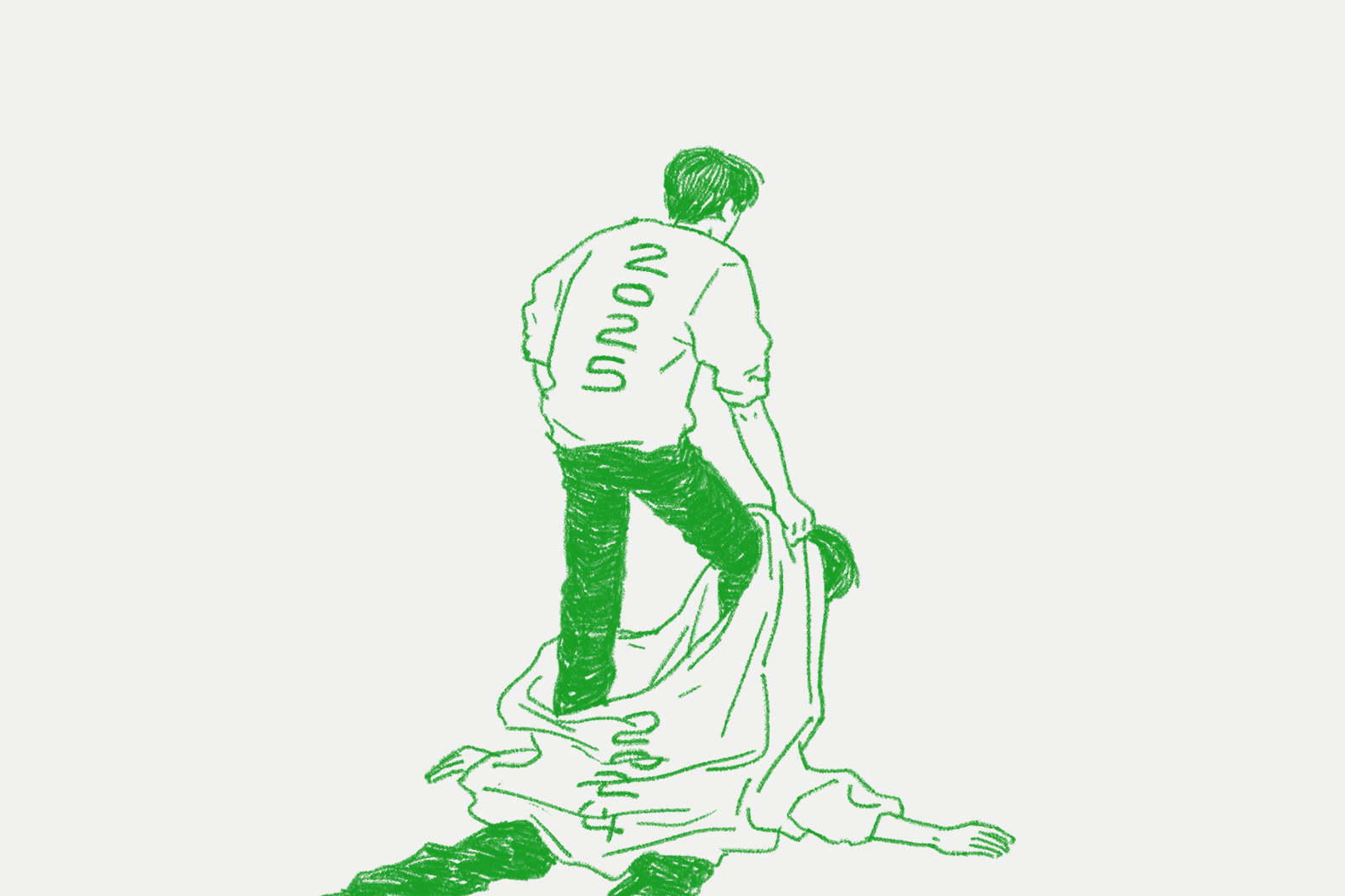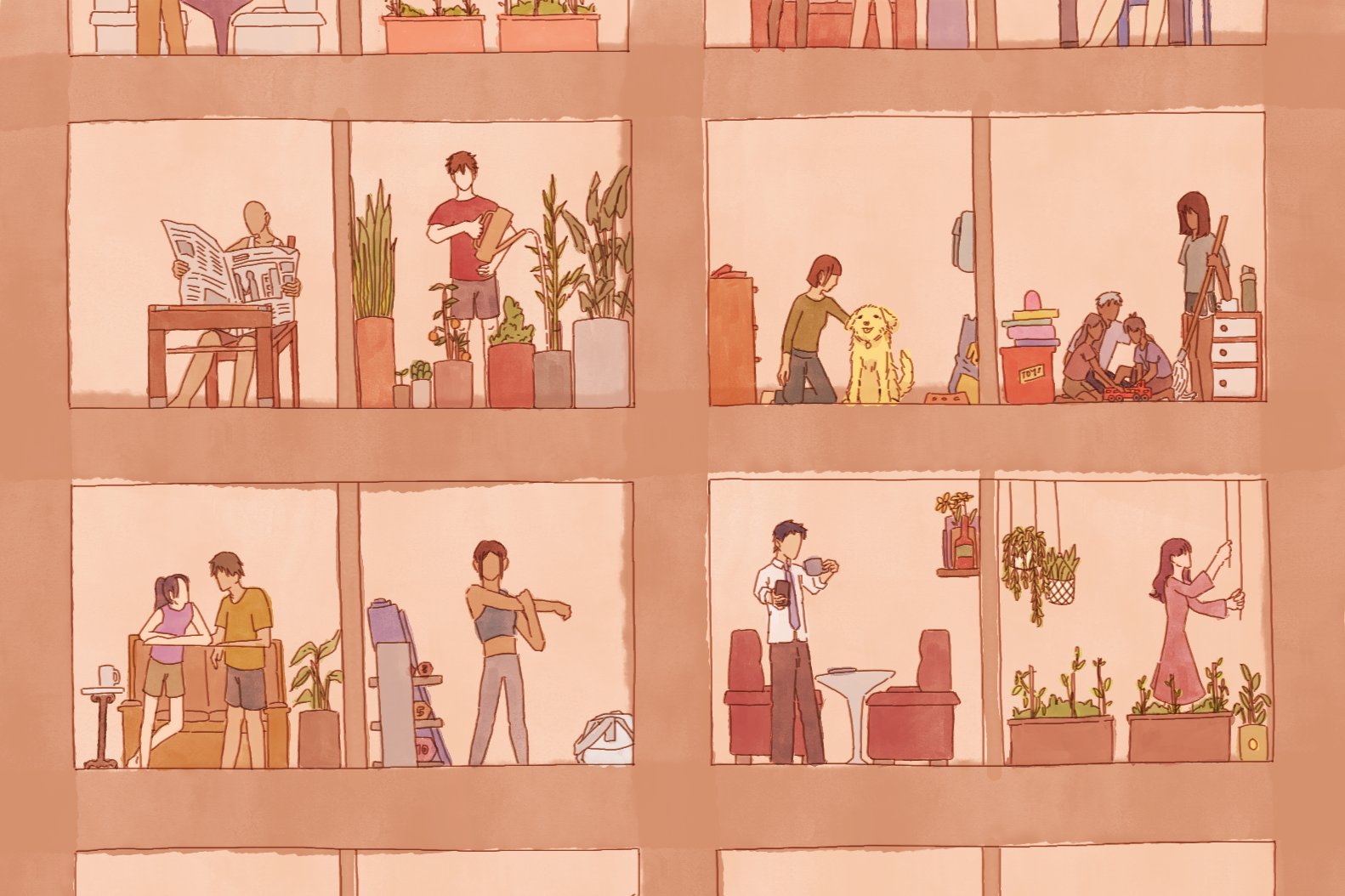A recent study by the Institute of Policy Studies revealed a new “social class divide” in Singapore: Those from different housing backgrounds (private housing vs HDB flats) and education backgrounds (“elite” vs non-elite schools) tend not to mix with one another.
The real issue, however, is not that people don’t mix, but rather, that inequality in Singapore is real and living – and has significant impact on the lives of many.
Sociologist Teo You Yenn suggests a definition for inequality: “Inequality is about how people can need the same things and indeed do very similar things but face very different outcomes.”
This suggests that doing well (or badly) in life does not depend on the “choice” of the individual. One is no longer guaranteed his reward through solely working hard. There are complex conditions that lead to social inequality and poverty: People remain poor not because of their lack of effort – but despite all efforts.
As Christians who are called to love our neighbours and serve the least among us (Matt 25:34-40), how can we play a part in addressing the real needs of those, who just like us, are imprinted with the very image of God? Here are three steps we can start with.
1. Examine our privilege
Our privileged backgrounds can lead to prejudices. As a well-paid graduate typing this comfortably on a Macbook in an air-conditioned room, I can never understand the struggles and insecurities of a single mother with two young children living in a one-room rental flat, wondering how to find proper work while ensuring her children are taken care of (no domestic helper or expensive childcare!)
When we don’t understand the constraints of others, we can perpetuate class prejudices. For instance, it is easy for many to simplistically conclude that people are poor because they lack hard work or intelligence. After all, aren’t we a “meritocracy” with “equal opportunities for all”?
It’s also easy to see our own possessions as something we earned and deserve. Even when we give, we give because we think we are generous and compassionate. We fail to see that what we have today is often a result of cumulated advantages – family generations are one example – that we had no hand in.
As Pope Francis puts it: “The earth is essentially a shared inheritance, whose fruits are meant to benefit everyone”. If all the fullness of the earth belongs to God (Psalm 24:1), then it is remarkably un-Christian for us to ignore the vastly unequal distribution of resources needed for basic, dignified living, or worse – to perceive those without as undeserving of it.
2. Confront systemic disadvantages
From the Methodist Welfare Services to Touch Community Services, Christians have often systematically helped those in need. As individuals, we can also do our part by donating at flag days, buying from the tissue auntie, or even giving out blankets to the homeless.
Keep doing that, but don’t stop there. Think long and hard about why social inequality persists in our society. Look at the increasingly precarious conditions for low-wage workers, or how low-income students in schools are disadvantaged. Let the inconvenient truth – that many people continue to live in lack despite their best efforts – trouble your heart.

Whether we are parents, teachers, policymakers, businessmen, bankers, lawyers or simply ordinary citizens – we can make a difference. Ultimately, rules, structures and policies are made by humans, and confronting our biases and reframing how we understand the causes of inequality in our societies is the first step to any lasting change.
3. Dismantle the false dichotomy between “spiritual” and non-“spiritual” work
But wait … Are we really called to do this as Christians? All this talk assumes being poor is bad, but is it truly? After all, didn’t Jesus say “Blessed are the poor” (Matthew 5:3)? and that “those who want to get rich fall into temptation” (1 Timothy 6:9)?
Maybe we should focus all our energies on the “spiritual” work of “sharing Christ” and “making disciples”! After all, one day we will all die – isn’t the after-life what truly matters?
I understand the good intentions behind such sentiments, but I think it truncates the mission of Jesus and the role of Christians in the world.
As Bishop Emeritus Robert Solomon puts it, social justice and evangelism should be seen as an “integrated whole, like two wings of a bird… To reduce a person to a single dimension (i.e.. only having ‘spiritual’ needs or physical/social needs) does not reflect God’s concerns and the way we are made. Individuals are part of society and larger systems. Their well-being depends on many factors related to the larger spheres, and if these are unrighteous or unjust, one cannot ignore these”.
Therefore, when we prop up a false dichotomy between what is “spiritual” and non-“spiritual” work, we prevent Christians from contributing holistically and meaningfully in our world.
 On the day I became a Christian, a well-meaning woman told me: “Congratulations, you now have a ticket to heaven!”
On the day I became a Christian, a well-meaning woman told me: “Congratulations, you now have a ticket to heaven!”
Many of us subscribe to this “theology of evacuation”, thinking that the most important thing in life is to help others accept Christ merely so that might escape from a doomed world to a utopian heaven.
But the age to come, as N.T. Wright puts it, is “not about people going to heaven”, but more about the bringing of “God’s justice, peace, and healing to the world”.
Christianity doesn’t stop at just getting souls into heaven. It also involves the transformation and renewal of the world – where the redeemed still live and do real, concrete human things. Bringing heaven to earth, we work, play, laugh and eat in a society which is just, equitable and inclusive for all – under the sovereign rule of our Just King.
 If that is the case, then any work that we do now on earth that reflects the kingdom of God – including working for a society that is more equal and just – is valuable in itself. It is both a foreshadow and a concrete establishment of God’s kingdom here on earth.
If that is the case, then any work that we do now on earth that reflects the kingdom of God – including working for a society that is more equal and just – is valuable in itself. It is both a foreshadow and a concrete establishment of God’s kingdom here on earth.
As John Mark Comer puts it, “We’re image bearers, created to rule… to cooperate with God in building a civilisation where his people can thrive in his presence.”
Let’s drop the false dichotomy between “spiritual” and non-“spiritual” work. Let’s embrace instead, a holistic and embodied faith that serves the real needs of humans created in God’s image.
Let us work to make our society more equal and just, even as we yearn for the final day when the King returns – when injustice and suffering are no more (Revelations 21:4).
The author’s name has been changed.









